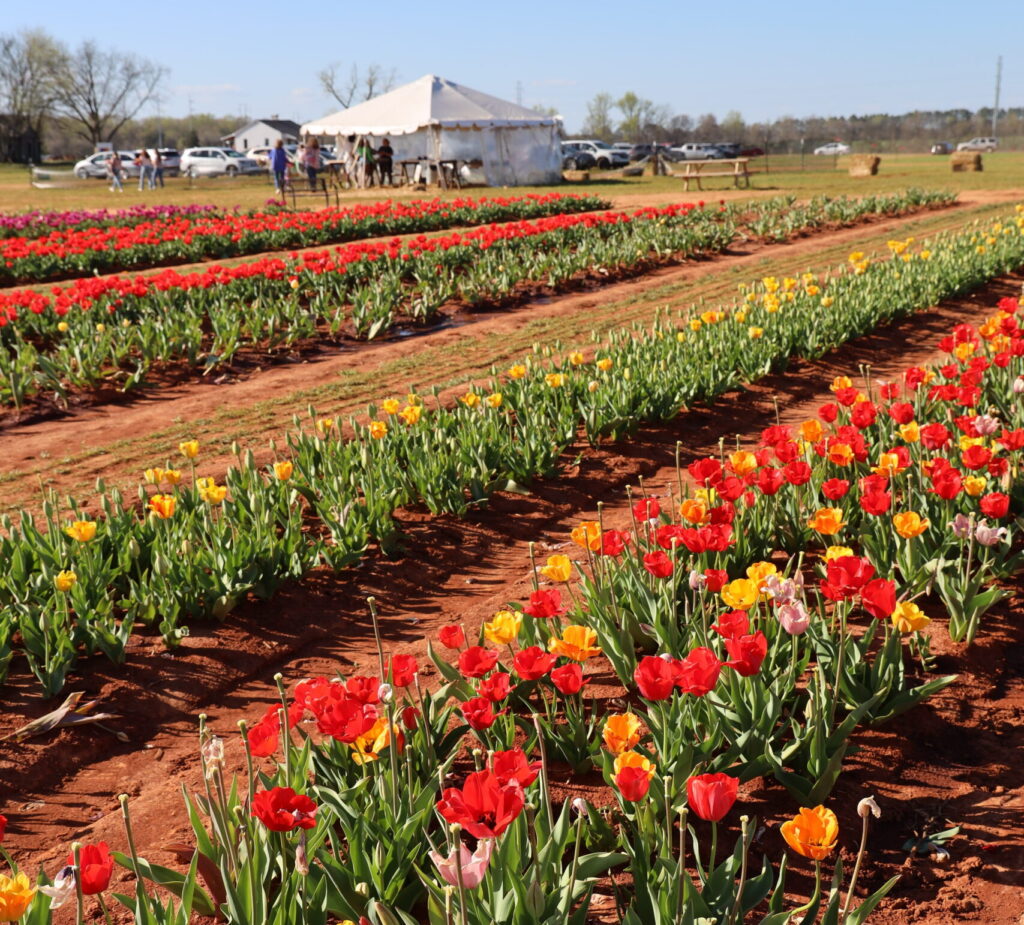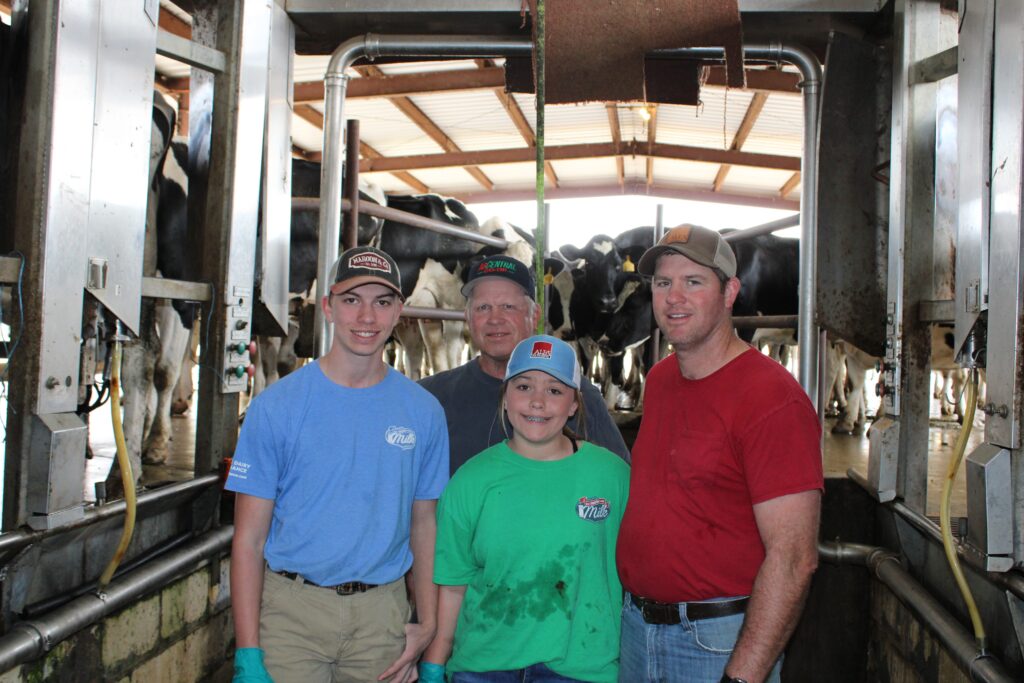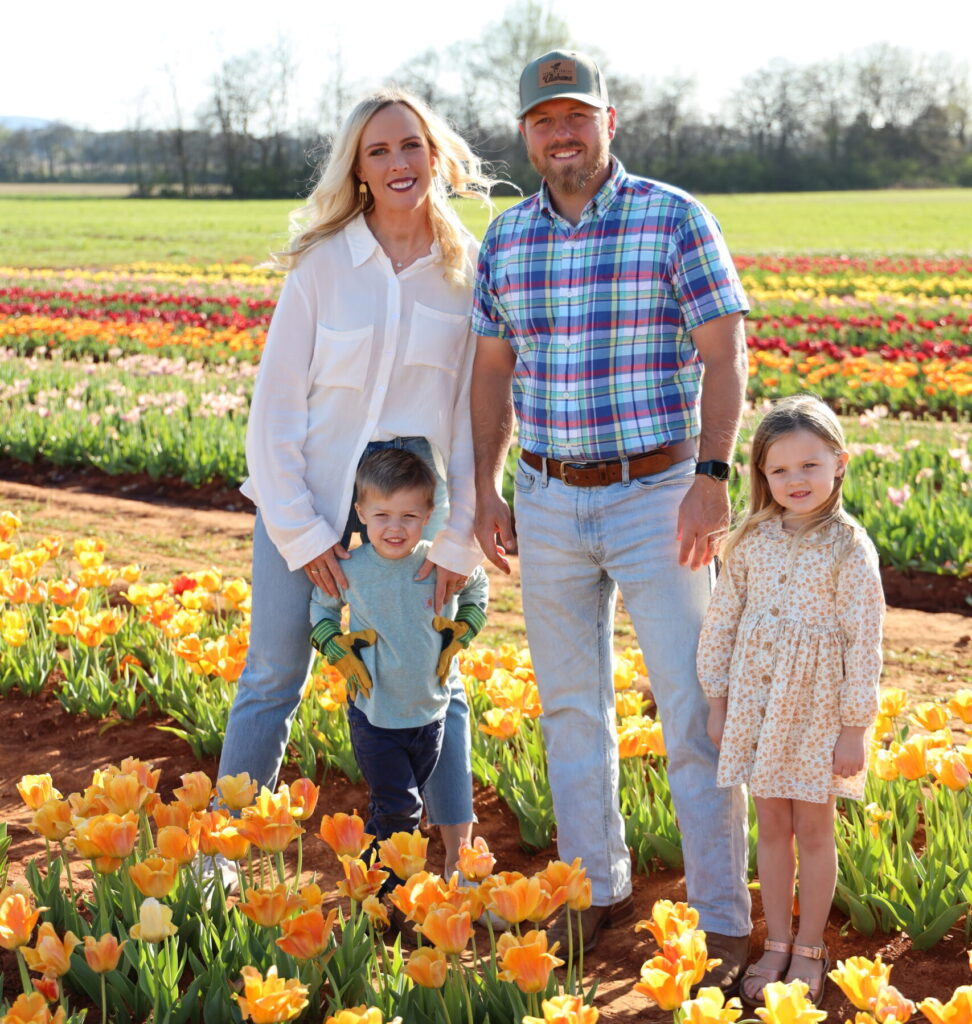Farmers Shift Business Models to Stay Profitable

By Maggie Edwards
Tight margins and changing landscapes are causing Alabama farm families to make tough calls — sell out, scale back or switch commodities.
In Lamar County, the Gilmer family is shifting gears in the cattle business, trading in their 70-year-old milking parlor for greener pastures dotted with beef cattle.
“We had to transition from crops to dairy a long time ago, so we knew we could transition again,” Will Gilmer said. “My father, David, and I saw with the size of our farm and our strengths and weaknesses that the best thing for our long-term stability was to exit the dairy business. Based off our land resources, we decided we were best suited for beef production.”
With fewer local bottling plants and other economic shifts, Gilmer followed in the steps of hundreds of dairymen. The Gilmers milked their last cow Feb. 27.
The declining dairy industry is heavily centered around supply chain issues, said Alabama Farmers Federation Dairy Division Director Colton Christjohn. There are just 16 dairies in Alabama.
“Some farmers are combating industry issues by producing more value-added products and bottling their own milk to capitalize on local markets in their area,” Christjohn said. “But many have had to sell their cattle and pivot their farm to stay in agriculture.”
The Gilmers began to transition their farm model five years ago.
“Over that time, we decided, from an economic standpoint, the best way would be to breed our dairy cows to beef bulls,” Gilmer said. “We are raising those calves with hopes that, over time, our beef herd will come from within.”

The father-son duo has gone from milking 230 head of dairy cattle to raising 250 beef cattle. But it’s far from the first time the farm switched gears.
“The land we farm now belonged to my great-grandfather’s father-in-law. He started as a family farmer who grew corn and cotton as cash crops,” said Gilmer, the Lamar County Farmers Federation president. “In 1950, my grandfather realized this farm wasn’t suited for crop production by modern standards. He made the decision to transition our farm business model into the dairy industry.
“It’s going to be an adjustment not seeing those black and white cows out on pasture. This farm existed as a farm before we were a dairy. To keep the farm viable and give it a chance to thrive in the future, we had to make this transition to beef, no matter what learning curves it presents.”
A business model change is more than saying farewell to a milking parlor and black and white Holsteins. The Gilmers are changing breeding plans, genetics and daily operations.
“We have been set up on a dairy calving schedule, which means calves born nine months out of the year. That is not ideal for beef. We are tightening our breeding and calving windows,” Gilmer said. “Our biggest challenge is getting everything consolidated.”
Farther north in Madison County, the Hubert family also realized changing a farm business model doesn’t happen overnight.
“I always wanted to do what my dad did. It became a thing I wanted to get back to,” said Seth Hubert, whose father was a row crop farmer before he died in 2003. “I went to Alabama A&M and finished my crop science degree.”

Despite land acquisition challenges, Hubert dreamed of diving into cash crops. He planted row crops in 2016, but urban sprawl and skyrocketing land rent prices soon convinced Hubert and wife Kaylee a change was needed if they wanted to pass the land to their children, Addie and Atlas.
“I was sitting on the front steps at my grandmother’s house watching Addie pick dandelions and realized that people have interest in U-pick flowers,” Hubert said. “This is where the tulip farm got started.”
With a leap of faith, the Huberts bought their first tulip bulbs in the middle of the COVID-19 pandemic. The thousands of bulbs provided a profusion of color that attracted visitors from north Alabama and beyond.
Their prime position near Alabama’s fastest-growing city allows for a bounty of visitors to the farm during spring tulip season and summer sunflower season.
“This has allowed me to step away from my 9-to-5 and be on the farm full time,” Kaylee said. “The kids are here with me and Seth. This entire transition has been great for our family.”
Those tough decisions will hopefully pay dividends for generations, Kaylee said.
Federation Young Farmers Division Director Hunter McBrayer has seen farmers across the state fight to stay in agriculture. Ensuring farm profitability is a key priority of the Federation’s Young Farmers Division.
“Seth and Kaylee are great examples of how you can take a plunge and create a bright future for yourself and your family,” McBrayer said. “Farming isn’t easy, but it’s worth it.”
Gilmer agreed.
“In life and farming, some things you can only do for so long,” Gilmer said. “If you want to keep a future, then sometimes you have to make some tough decisions and changes. You must do what is sustainable for you.”
